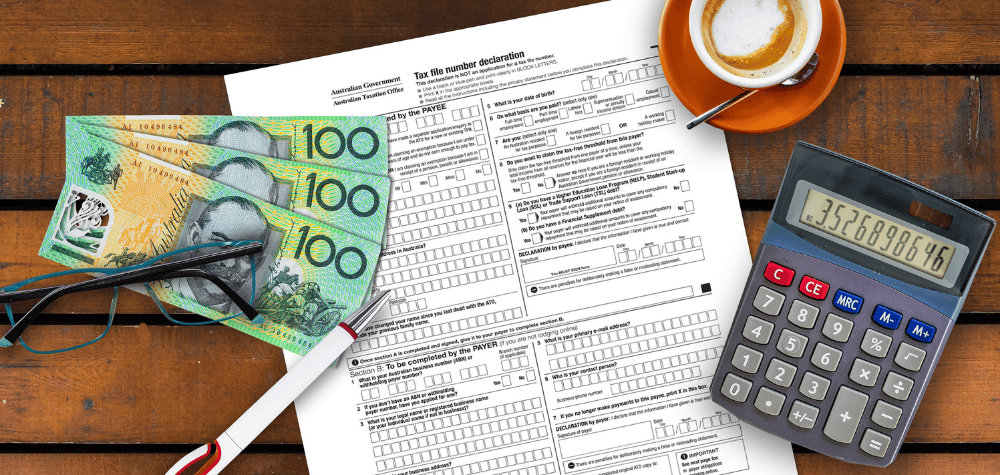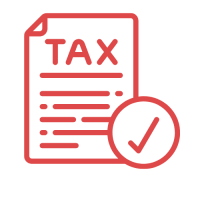If you have been operating as a business for less than 9 years, you‘ve likely only ever operated under a Liberal federal government. A new government may be causing you some anxiety, especially regarding what a Labor government could mean for your business.
What Can You Expect With A Change In Government?
It doesn’t matter if you have been in business for 9 years, 19 years or even more; the number of times that a government changes leadership (and party) throughout your time operating a business, will not usually have a noticeable change on your business or lifestyle.
During the last several decades, governments have introduced the GST, the Fair Work Commission, higher rates of superannuation guarantee and a reduction in tax rates (which may have only kept up with inflation rates anyway).
There will of course be some people who will benefit from the current change in government (e.g., the Biloela family’s approved permanent visa status). If you are involved in the political landscape and have been elected to or lost your seat, you will certainly be impacted.
For the majority, however, it’s business as usual.
There are, of course, changes that could be good or bad for you depending on your situation. But like always, you need to understand these changes, their rules and how you can work with them.
Tax Policies Of Labour
Labor will proceed with the legislated income tax cuts due to commence on the 1st July 2024.
The previous government announced an increase in the low and middle income offset by $420 to $1,500 this year and Labor are continuing with that policy.
However, the party is not committed to extending either the LMITO or the Fuel Excise Cut past September 2022 at this stage.
Most of their other announcements will have little impact on small business owners. They have announced a policy to limit tax deductions for large multinationals who hold intellectual property in tax havens that have specific tax treaties with Australia.
Labor has agreed to support the multinational OECD two pillars policy of a minimum tax rate of 15% and allocating the profits of the largest multinationals to market countries.
We may also see changes to the amount of interest a foreign company can charge their Australian subsidiary. This interest has a small amount of tax withheld that is less than the company’s tax rate and so will be better for a company in Australia to pay its foreign owner interest rather than dividends.
Labor is also promising to introduce tax breaks for electric cars which would save people about $2,000 on a $50,000 vehicle.
The policy would cost $200 million over three years and would work by exempting some electric vehicles (EVs) below the luxury-car tax threshold of $79,659 from import tariffs and fringe benefits tax.
If businesses provided the same car to an employee through a work scheme the company could save up to $9,000 a year. The discount would begin from July this year and be reviewed in three years’ time to reassess the take-up down the track.













